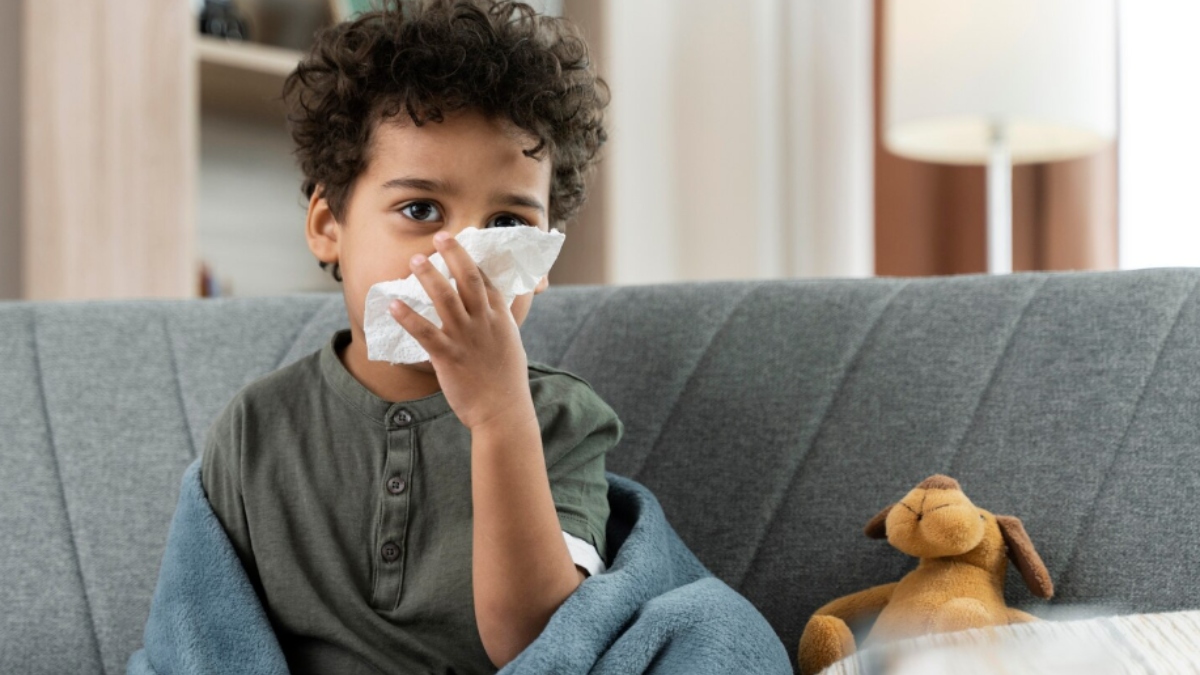
Understanding Childhood Allergies: A Parent's Guide
Allergies in children can significantly disrupt their comfort and health. In India, where environmental factors like dust and pollen are prevalent, parents must be vigilant about potential allergens. Common triggers include food items such as milk, eggs, peanuts, and environmental elements like pet dander and dust mites. Dr. Amit Gupta, a leading paediatrician, stresses the importance of understanding these allergies and managing them effectively.
Allergies occur when a child's immune system mistakenly identifies harmless substances as threats. For instance, infants may develop food allergies, while school-going children often face environmental allergies. Untreated allergies can lead to serious conditions like atopic march, where a child might initially show eczema, followed by food allergies, and later respiratory issues like asthma.
Symptoms of allergies can vary widely, from mild reactions like sneezing to severe cases of anaphylaxis, which can be life-threatening. Parents must remain alert to their child's symptoms and seek medical advice promptly. Delayed treatment can hinder the child's daily activities and academic performance, causing stress and anxiety.
Diagnosis typically involves reviewing the child's medical history, physical evaluations, and allergy tests like skin prick or blood tests. Treatment may include antihistamines for symptom relief and allergen immunotherapy for severe cases. It’s crucial for parents to consult healthcare professionals before administering any medication.
Nutrition plays a vital role in managing allergies. A balanced diet rich in vitamins C and D, along with probiotics can bolster the immune system. Parents should ensure their children eat healthily and maintain good personal hygiene to minimize exposure to allergens.
Finally, while it's not always possible to prevent allergies, parents can take steps to reduce risks. Maintaining a clean environment, using dust-proof bedding, and educating children about their triggers can make a significant difference. By actively participating in their child's health, parents can help their children lead active, fulfilling lives despite allergies.










